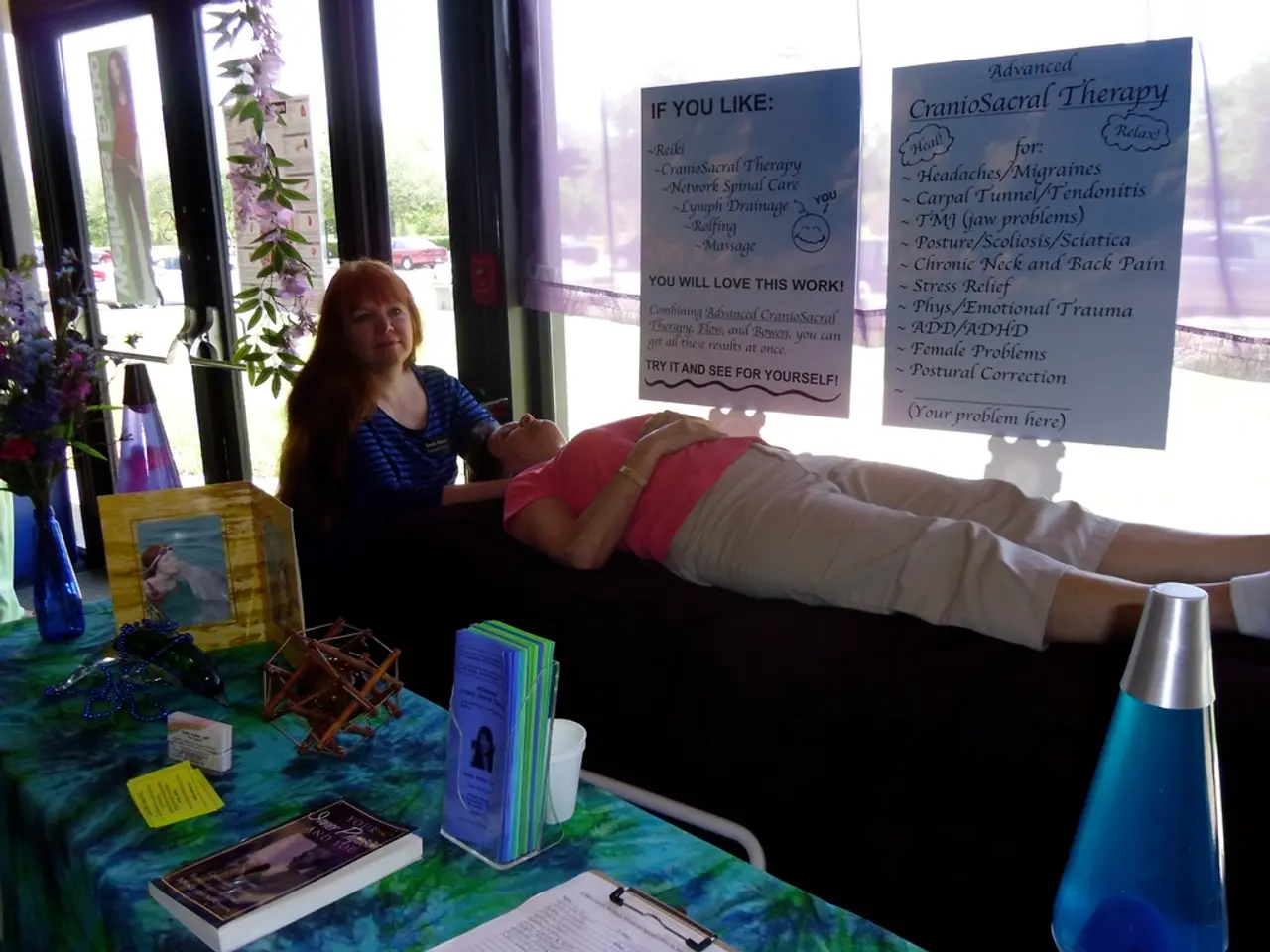Overcoming the Aftermath of Sexual Violence and Assault
In the aftermath of rape or sexual assault, survivors often face profound challenges related to intimacy that can deeply affect their sexual and emotional lives. The impact on intimacy typically manifests in several ways.
Survivors may experience panic, dissociation, or emotional shutdown when attempting sexual intimacy, making engagement in healthy sexual relationships difficult. Trauma can distort perceptions, leading survivors to associate sex with power, shame, or obligation rather than affection or desire, complicating their ability to form loving intimate bonds.
Some survivors might develop hypersexuality as a coping mechanism, engaging in compulsive sexual behaviours, while others may withdraw completely, avoiding sexual activity altogether. Trauma survivors often struggle with trusting others, which influences their capacity to establish fulfilling sexual and emotional relationships.
Healing and recovery are possible but often require time, patience, and professional support. Therapeutic approaches such as trauma-informed therapy, somatic experiencing, and sex therapy can help survivors reclaim their sexuality and intimacy. These therapies may include working through trauma triggers, building communication and sexual skills, and providing a safe space for emotional processing.
Some survivors may find peace in redefining intimacy on their own terms, including choosing asexuality or non-traditional forms of intimacy, while others may work towards re-engaging in sexual relationships in a healthy way.
In addition, receiving support from emotionally attuned caregivers or partners who understand trauma's effects and respond with empathy can be crucial in the healing process. It's important to let them know that you still love them and that the assault was not their fault.
Taking care of oneself during the recovery process of a loved one who has been raped or sexually assaulted is also essential. This includes avoiding alcohol and drugs, practicing self-care, and seeking help from a licensed therapist.
It's important to remember that what you're experiencing is a normal reaction to trauma, and feelings of helplessness, shame, defectiveness, and self-blame are symptoms, not reality.
In the UK, Find Your Nearest Rape Crisis Services offers help in England and Wales. The rape crisis helpline number is 0808-802-9999 or you can find your nearest facility. In the U.S, the National Sexual Assault Hotline is a confidential, free 24/7 hotline for one-on-one crisis support. The number is 1-800-656-HOPE or you can chat online.
In Canada, Canadian Assault Centres and Services offer help. You can find a hotline or crisis centre near you. In Australia, Services and Support offers help. The national helpline number is 1800-737-732 or you can find services near you.
Overall, the path forward involves recognizing that trauma impacts intimacy profoundly but that recovery—through education, therapy, and compassionate relationships—can lead to restored pleasure, desire, and connection.
- Developing 'emotional intelligence' can be beneficial for survivors as it helps them navigate their feelings and relationships more effectively, especially in the context of rebuilding intimacy after sexual assault.
- Cultivating 'coping skills' such as mindfulness, stress management, and communication techniques can aid survivors in managing their emotional responses to triggers, thereby improving their overall 'mental health'.
- Integrating 'science' and 'health-and-wellness' principles, like proper nutrition, exercise, and sleep, into daily life can help survivors build resilience, improve their physical health, and create a foundation for emotional healing and restored intimacy.




